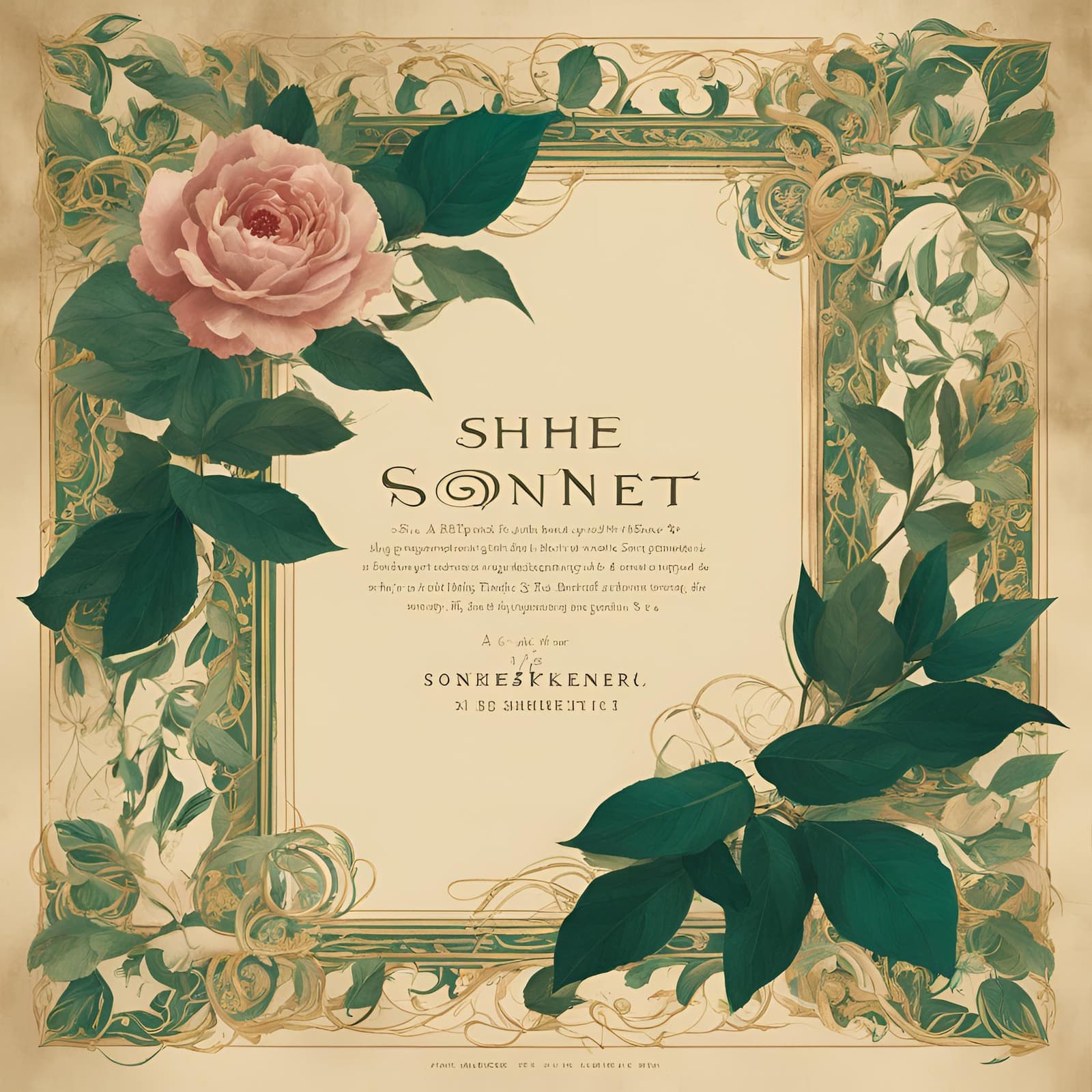莎士比亚十四行诗第103首 | 莎士比亚十四行诗
更新时间:1/19/2025, 12:32:31 PM

原文
Alack! what poverty my Muse brings forth, That having such a scope to show her pride, The argument all bare is of more worth Than when it hath my added praise beside! O! blame me not, if I no more can write! Look in your glass, and there appears a face That over-goes my blunt invention quite, Dulling my lines, and doing me disgrace. Were it not sinful then, striving to mend, To mar the subject that before was well? For to no other pass my verses tend Than of your graces and your gifts to tell; And more, much more, than in my verse can sit, Your own glass shows you when you look in it.
译文
唉,我的缪斯有的是用武之地,
可是她拿出的却是怎样的贫乏!
那主题,在全然本色的时候要比
加上了我的赞美后价值更大。
假如我不能再写作,你别责备我!
朝镜子看吧,那儿有脸儿出现,
那脸儿大大胜过我愚拙的诗作,
使我的诗句失色,尽丢我的脸。
那么,去把原来是好好的东西
拚命补缀,毁坏,不就是犯罪?
我的诗本来就没有其他目的,
除了来述说你的天赋,你的美;
比之于我的诗中的一切描摹,
镜子给你看到的东西多得多。
注释
诗人解释沉默的理由说,他不能把他爱友的美多所描摹,因为他爱友本人比诗人的诗胜过万倍。参照第37、83、101各首。——第一、二行意谓:诗人的缪斯(灵感)虽然有好主题,但写出的诗却太贫乏。第三、四行意谓:诗的主题(指诗人的爱友)不加任何赞美(全然本色)时,反而比加了赞美更有价值。第九行“原来是好好的东西”指诗人的爱友。第十一、十二行意谓:诗人的诗除了赞美爱友外,不作别用,而一赞美就是犯罪(见第十行),所以只得完全沉默。第十三、十四行意谓:诗人的爱友不必要求诗人写诗给他看,只要看看自己的镜子,就胜过读诗万倍了。